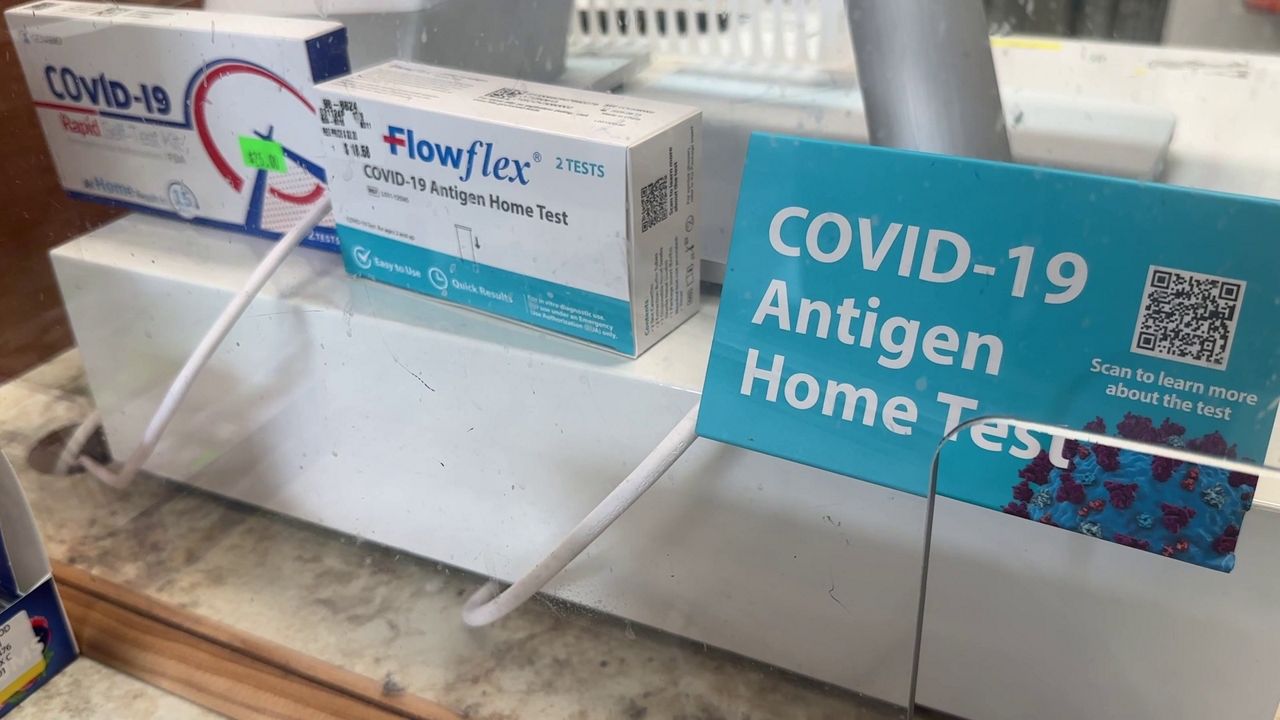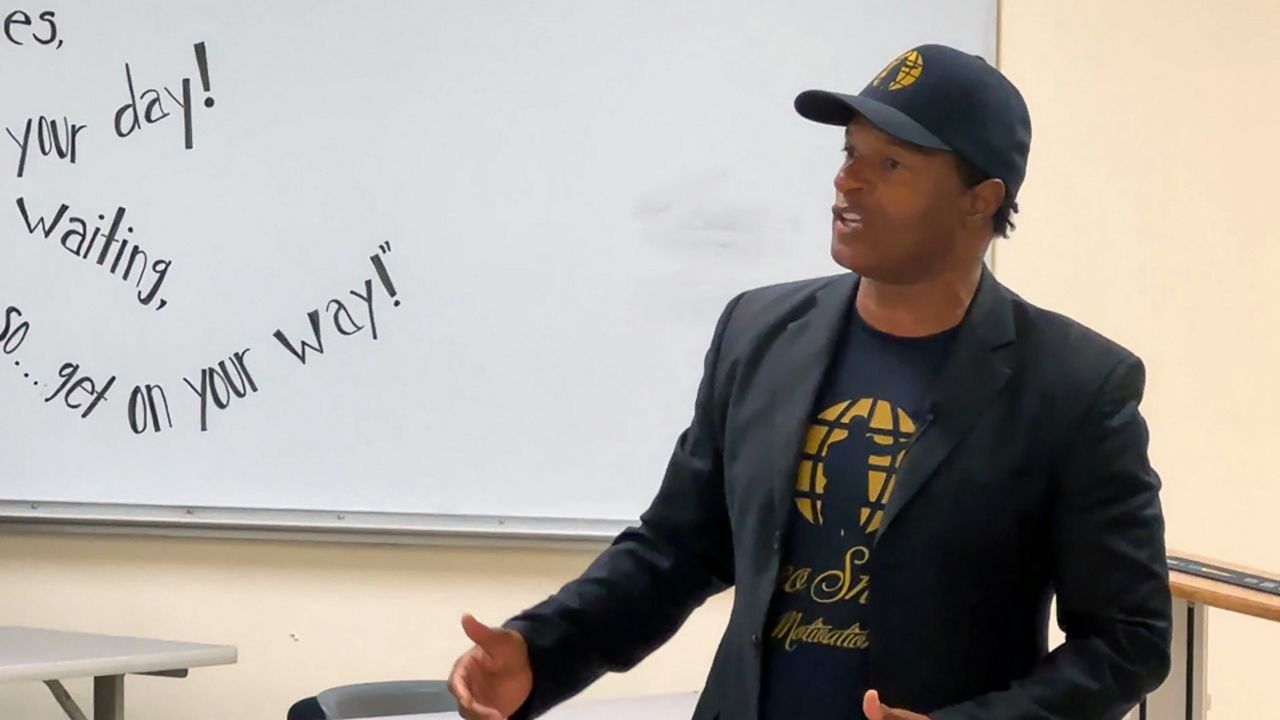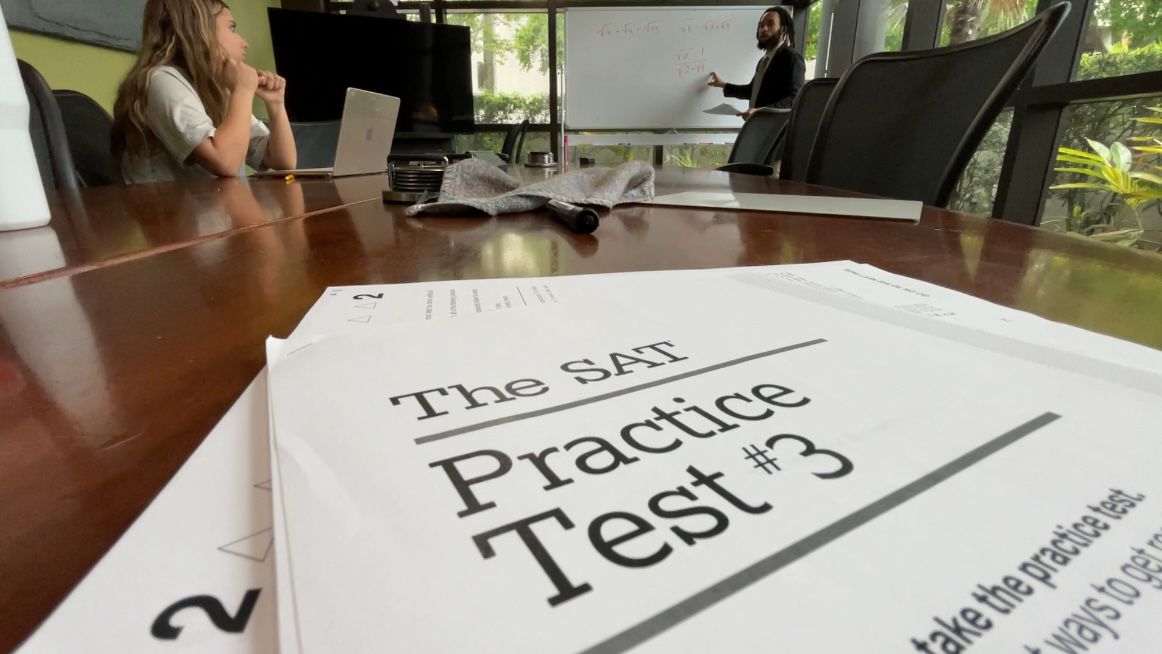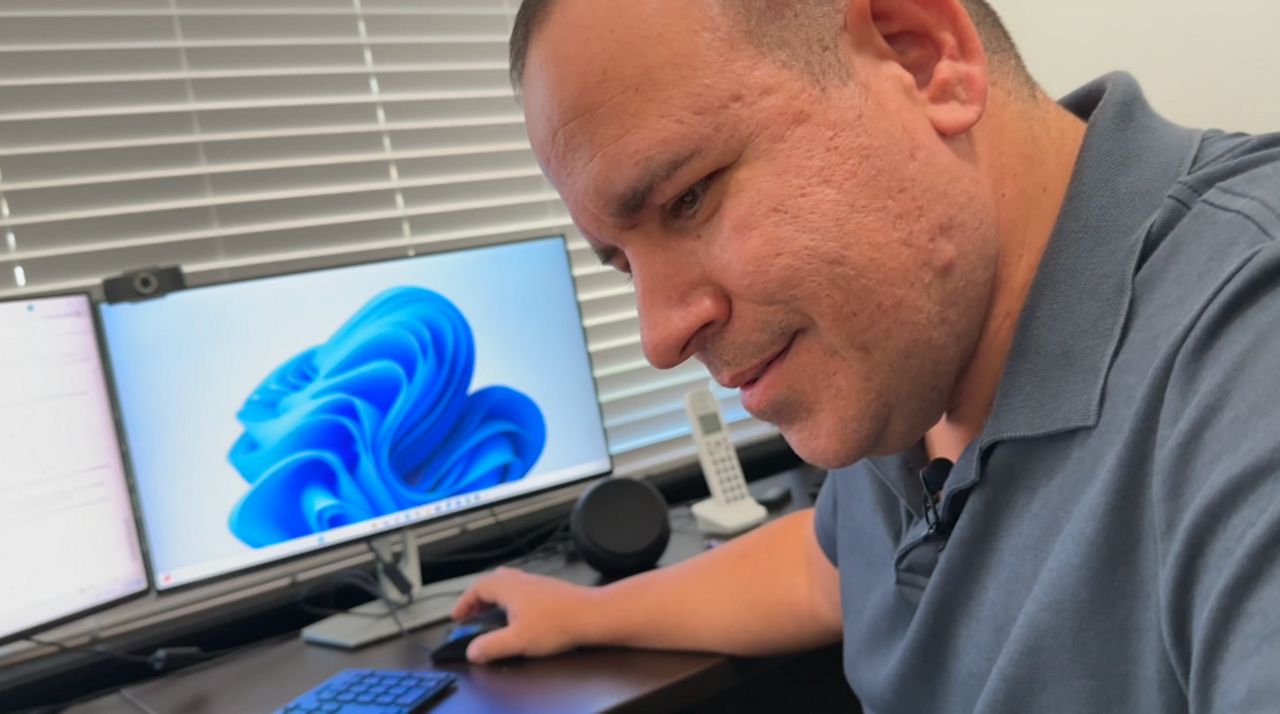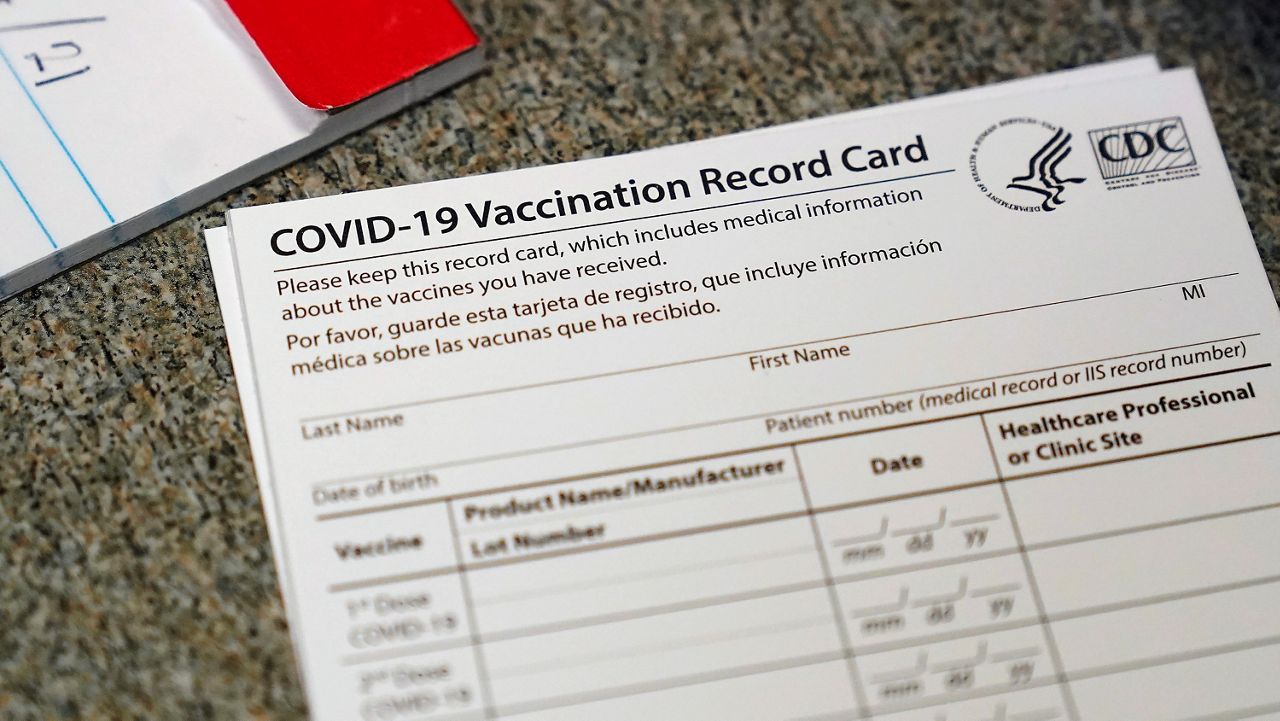ORLANDO, Fla. — The pandemic has disproportionately affected certain subsets within our population, including the LGBTQ+ community, shining a light on their unique, outstanding needs.
What You Need To Know
- Marco Antonio Quiroga works to address LGBTQ+ disparities during pandemic
- Quiroga has worked in Washington, D.C. and New York City for social justice
- How to help: Contigo Fund
“For the LGBTQ+ community, these have been disparities that have long existed," Marco Antonio Quiroga says.
Quiroga spent his first few years of life in Peru in a family which lived below the poverty line. His parents bought him to the United States seeking opportunity, and his mother stayed, fleeing an abusive situation.
“That’s how my family became undocumented," he explained, saying that he greatly admires his mother and the sacrifices she made for her children's future.
In 2012, Quiroga got DACA protection, and it propelled him on a path of social justice work, in places like Washington, D.C. and New York City.
His goal is to create opportunities and resolve disparities for a community within the LGBTQ+ community with which he, himself, identifies.
“We call ourselves 'undocu-queer folks,'" he said.
That's why Quiroga and others launched the Contigo Fund, strengthening the larger LGBTQ+ movement. The community is suffering amid the pandemic and downturn of the U.S. economy.
“We have to sometimes look at these really hidden consequences of the COVID-19 pandemic," said Nolan Kline, a researcher and assistant professor at Rollins College in Winter Park. “We have this existing data that shows that LGBTQ+ populations are likely to experience unemployment at greater rates than heterosexual populations because of discrimination.”
Kline, who is a lending a hand in grant writing for Contigo, said the LGBTQ+ population more often works in the hard-hit service industry, in tourism, hospitality, and entertainment jobs.
Yet, the pandemic has even wider-reaching impact, as it ties back to housing, exacerbated by an affordable housing crisis.
"When you think about someone perhaps moving back in with their parents or other family (when) they lose their job," said Kline, "that safety net isn’t always there for LGBTQ+ populations... Families might not always accept (them).”
Quiroga has seen an assortment of friends lose their jobs due to the pandemic and struggle with finding secure housing.
“That’s how people live here, paycheck to paycheck, working multiple jobs," he said.
Thus he views his work with the Contigo Fund as more vital than ever before. The foundation of activist philanthropists has doled out more than $650,000 to help individuals who are struggling, or to support other grassroots organizations within Central Florida’s LGBTQ+ community.
"Folks that are closest to challenges our communities are facing are also closest to the solutions," Quiroga said, referencing Contigo's diverse board of directors, which represent sub-communities within LGBTQ+, from Black and trans, to LatinX and undocumented.
“I feel empowered."






